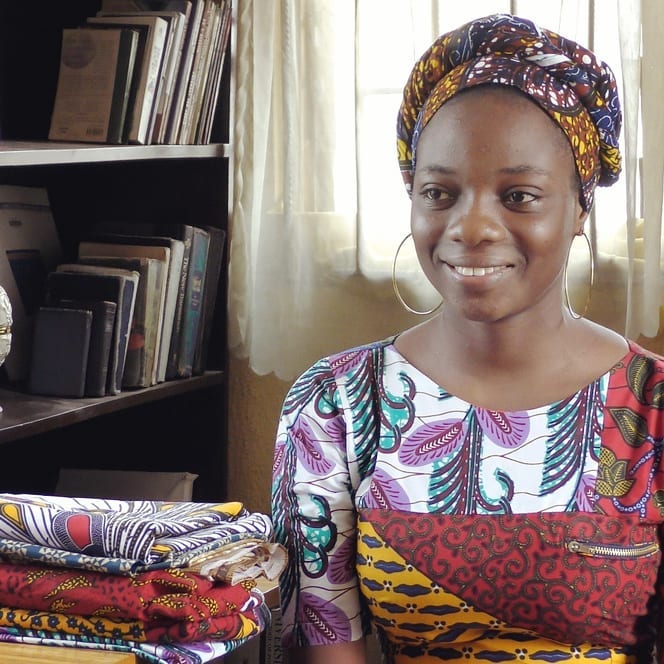This article will explore 3 African kingdoms – Hausa, Kano and Katsina. that existed before the colonial invasion.
- Hausa: Daura –1806
Daura is the eponymous and oldest of the pre-colonial Hausa kingdom, named after Queen Daura. According to history, Daura means ‘blacksmith’ in the Tuareg language. Legend has it that Daura married a Baghdad prince named Bayajida. In the tale, Baghdad displayed uncommon bravery by killing Sarki, a fetish snake known to have been causing misfortune for the people.
The children Daura bore to this brave man founded the seven pre-colonial Hausa kingdoms, otherwise known as Hausa Bakwai (The Seven Hausa State). In modern Nigeria, Daura is located in Katsina state. Interestingly, it has produced a president and head of state, General & President Muhammadu Buhari. Major local trade in Daura includes but is not limited to sorghum, millet, onions, peanuts, cotton, hides and skins.
- Kano: 998–1807
Kano was the largest pre-colonial Hausa kingdom in Africa before the creation of the state itself. Historical data shows that Kano started from an ancient settlement around Dala Hill. Legend has it that Bayajida’s grandson, Bagauda, founded the kingdom. He reigned as the king of the empire between 999AD and 1063AD. He was succeeded by Muhammad Rumfa. The kingdom was independent not until it was taken over in 1805 during the Fulani jihad war, led by Usman Dan Fodio, a Fulani Islamic Leader. This conquest turned Kano instead to a province of a newly formed Sokoto Caliphate.
In modern Nigeria, Kano has won the seat of the second largest industrial centre in Nigeria and, in fact, the largest in Northern Nigeria. Industries producing textiles, footwear, cosmetics, ceramics, furniture, enamelware, tanning, pharmaceuticals, animal feeds, dairy, food and beverages are found in modern Kano. If you find yourself in modern Kano, take the chance to visit Dala Hills, the Emirs Palace, the Kano city wall, Kano Museum, Kurmi Market, and Kofar Matar Dying Pits. Also, you should have a lifetime experience of the Kano Durbar festival. A festival renowned as the largest procession of colourful horses, portraying the Emir’s Regalia.
- Katsina: c. 1400–1805
Ancient Katsina kingdom was one of the habitats of the negroid stock of the Berber-Amharic-Afro-asiatic group called Hausawa, shortened to Hausa. Historical accounts hailed the kingdom of Katsina for its reach and influence that transcends to Birnin Gwari, Karaushi, Kirrisen, Madauci, Kuyambana and the marshlands of Sangiyakun in present-day Kaduna, Kebbi and Niger States. It extended to ‘Yandoto, Tsafe, Kwatarkwashi, Wasagu, Gusau, Tumfafi and Mada in present Zamfara State.
According to available historical accounts, the Katsina kingdom was founded by Muhammadu Korau. Korau, who would later become the first Islamic king to reign in the kingdom. However, one legend claims that Katsina was founded by Durbawa, a man archaeologists believed to have lived at Durbi-Ta-Kushiyi. Earthen mounds found by archaeologists are believed to be graves of ancient graves of past kings of the Katsina kingdom.
Meanwhile, they were acclaimed to be idol worshippers whose belief system was founded on the Sun god. The chief priest is known as Durbi. The Durbawa dynasty was later dethroned by a man known as Kumayo, grandson of Bayajidda. The pre-colonial Katsina kingdom experienced many evolutions that produced notable trade routes and mainly paved the way for the famous trans-Saharan trade. Modern Katsina is located in Northern Nigeria, sharing borders with Zamfara, Sokoto, Jigawa, Kano and the international border with Niger Republic.
Connect with us, and get our app.
We created our one-stop digital incubator app to bridge knowledge and service discrepancies for African students and Savvy entrepreneurs looking to start a business. Get the app (Android version) here. For IOS users, a web app is available here at https://tribe.joadre.com. Sign up for our newsletter here to get consistent resources via email. If you want to contact us, use our contact form or consult us through the app.
Thank you for reading to the end.
Cheers
Joadre




